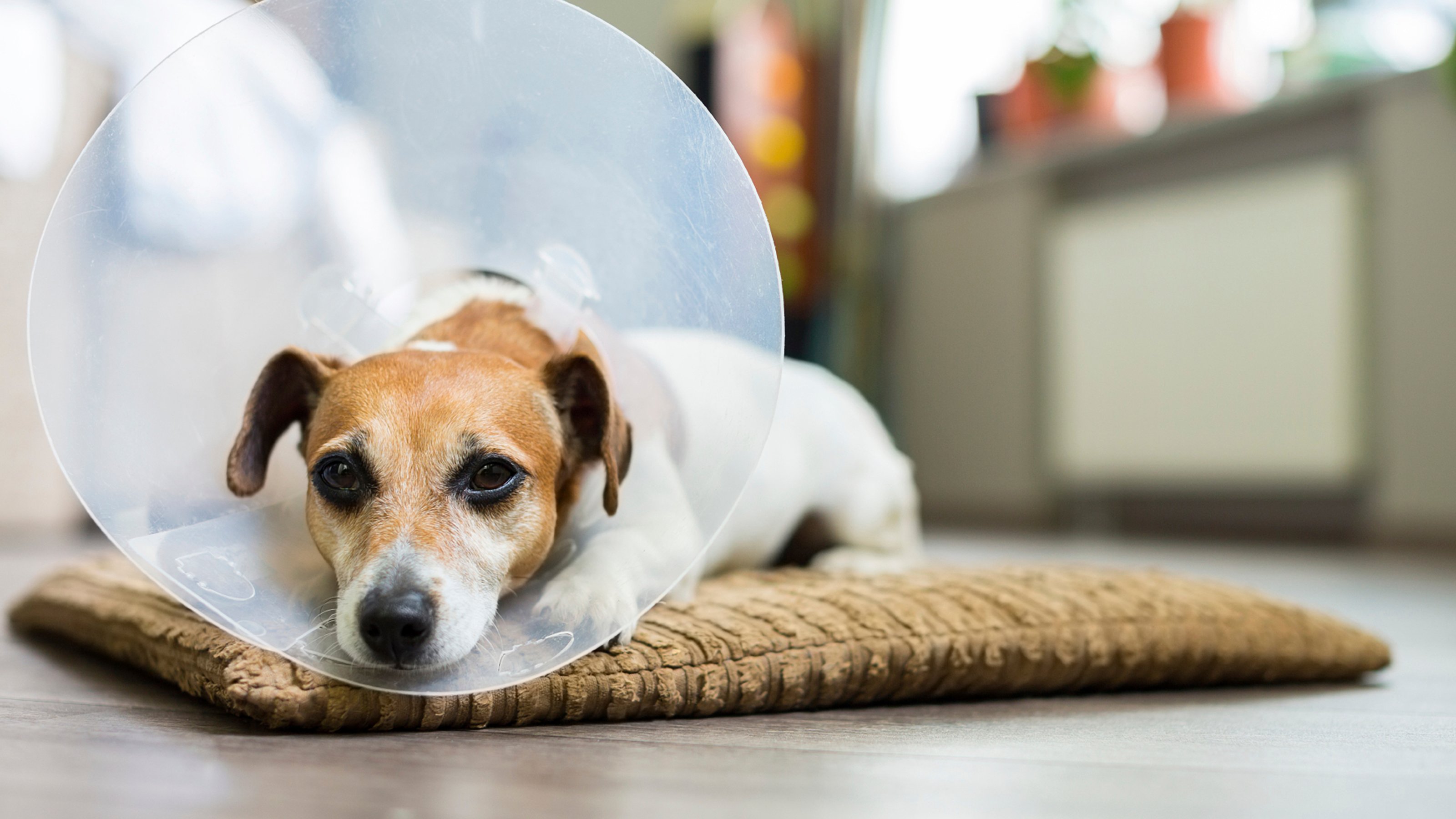
Pet Poisons
Many of the things we have around the house can potentially have devastating consequences for our pets.
It is easy to assume that things which are safe, and even enjoyable, for humans, such as lilies and chocolate, are safe for our pets too. Unfortunately, despite being an intrinsic part of our human families, our pets are completely difference species. This means many of the things we can tolerate or take pleasure in, as humans, can be damaging or even fatal to them.
Commonly reported pet poisons are listed below, however, this list is far from exhaustive and if you suspect your pet has eaten something they shouldn’t, always contact your nearest Vets4Pets for advice.
More info about pet poisons
Dogs, as we know, can be indiscriminate eaters, and might consume even the least tasty-looking of items. This means they can be at high risk of ingesting something they shouldn’t.
- Chocolate
- Xylitol
- Raisins/grapes
- Alcohol
- Avocado
- Onions/garlic/leeks/chives
- Macadamia nuts
- Tulip, Hyacinth and Daffodil bulbs
- Cyclamen roots
- Azelea, Autumn Crocus and Rhododendrons
- Sago palm
- E-cigarette fluid
- Nicotine (including from e-cigarettes)
- Insecticides
- Rodenticides
- Many human drugs
- Household cleaners
- Coffee
- Adder bites
Cats are generally fussier, and less likely to ‘sample’ anything around the house, but risk of accidental ingestion or a curious personality mean that cats also need to be protected from potential hazards.
- Paracetamol
- Lilies
- Antifreeze (specifically the ingredient Ethylene glycol)
- Permethrin-based flea treatments, often used on dogs
- Rock salt from de-iced roads
- Chocolate
- Household cleaners
- Sago palm
- Tobacco
- Many human drugs
- Moulds in old food or nuts
Rabbits are programmed to eat for a huge percentage of their lives. This means that they are often on the look-out for food, and giving something a good chew is often their way of determining how edible it might be. This can present plenty of hazards, with electrical wires being the most common, but sampling of house or garden plants can be a source of nasty toxicity in rabbits.
- Ivy
- Rhubarb
- Foxglove
- Rodenticides
- Glyphosphate herbicides
- Moulds in old food or nuts
- Chocolate
- Iris
- Chrysanthemum
- Dahlia
- Plants grown from bulbs including tulips, crocus, daffodils and hyacinth
Read more expert pet advice
From healthy diets to preventing fleas, find free and helpful pet health and training advice to care for your pet.
